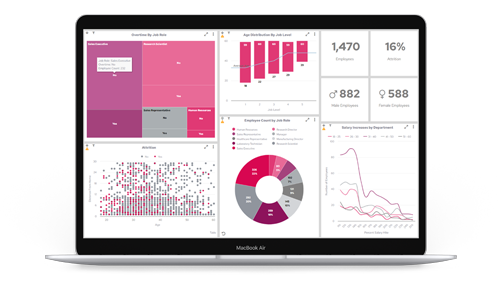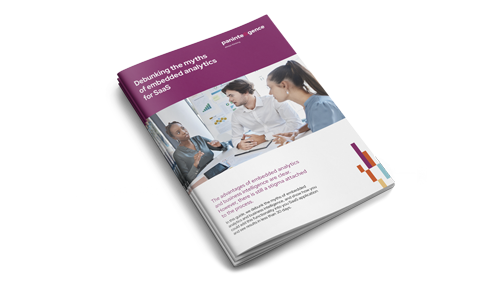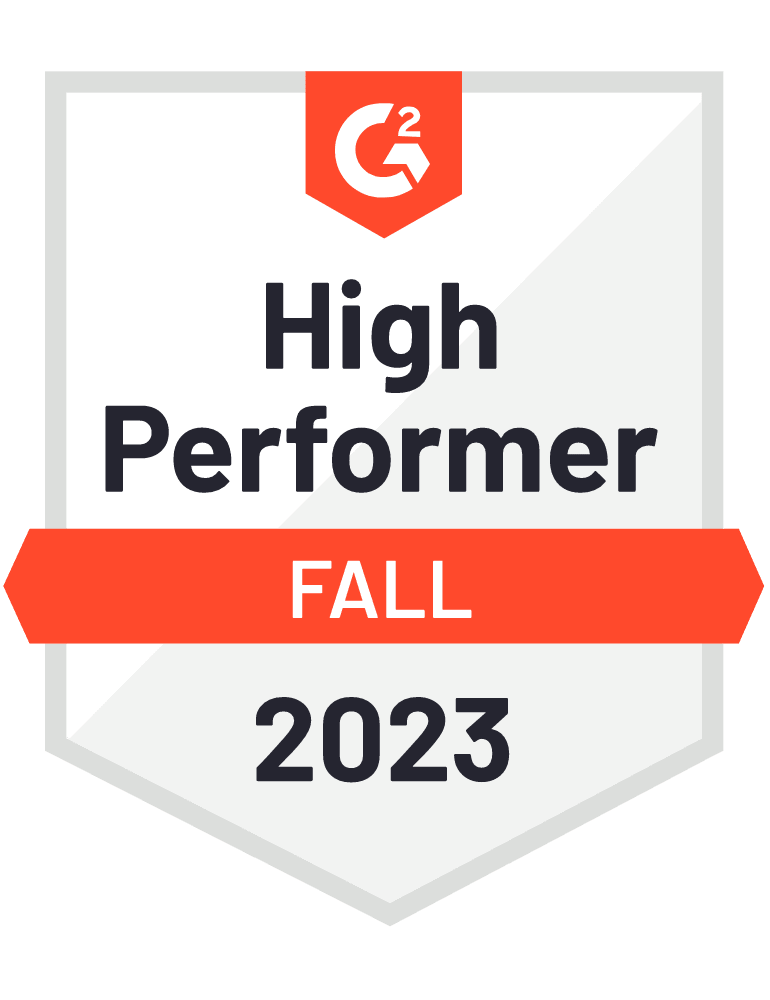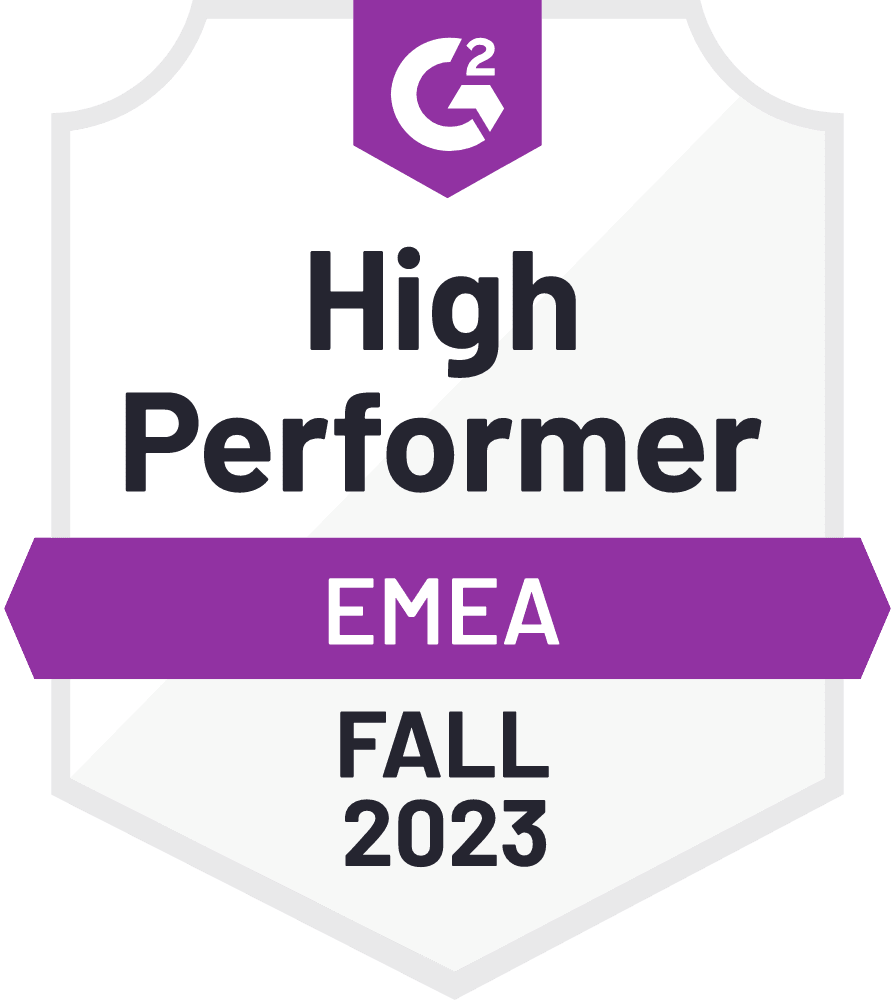
COVID-19 has undoubtedly transformed how every industry must now operate. From introducing social distancing measures to taking more of a digital-first approach to teaching, the education sector is no different.
As online enrolments become ‘the norm’ alongside hybrid courses there are many challenges and opportunities for our industry to overcome so they can both survive the current climate and shape their future academic foundations.
For those working in Further Education (FE), they’ve had to adapt swiftly and embrace vast change in how departments not only communicate with one another but how the entire site rolls out an effective online student learning experience.
Now is the time to prepare for a fresh approach to a new way of working. From revisiting college opening hours to limiting how many individuals are in a classroom at any one time, all these factors are very real for FE sites now.
Blended learning – mixing face-to-face and online sessions – will be par for the course in the next academic year, so each class must be accessible and inclusive to all learning needs and multinational backgrounds. And when it comes to monitoring enrolments, attendance and absences, alongside scheduling exams, these will all rely on real-time, analysis-driven information.
And perhaps most importantly, a commitment to wellbeing will be essential when providing each student with an engaging learning experience. For example, it would be extremely powerful to see analytics providing critical alerts flagging when student intervention is absolutely necessary – especially in a world where physical classroom sessions will be limited.
Such intelligence can provide FE sites with additional, vital, and dedicated pastoral and welfare services that could be made available 24/7, regardless of time-zone, for individuals to access – when they need them the most.
Bringing together tech and teaching to modernise Further Education
Many academics are tapping into innovation to solve such critical, and current, pain-points. Utilising savvy tools can transform learning because it makes it flexible, scalable, remotely robust, and secure when handling critical student data. Whether via collaborative apps, analytics platforms or CRM systems, forward-thinking colleges are being challenged to adopt a tech-first mentality.
Students today require so many digital touchpoints. From recording tutorial log-ins to downloading course content and communicating with college lecturers, intelligent software is being plugged in to dissect FE data trends. It’s enabling sites to identify individuals who might be struggling, and predicting when they’re likely to drop out of their course. And it is this level of sophisticated analysis that is then able to trigger teacher interventions and help at-risk students to stay on track.
As an international provider of educational software and services, Tribal Group is constantly working on how to improve student outcomes via smart technology. We partner with around 130 UK-based FE colleges, and – alongside Panintelligence – have delivered dashboards and data analytics to help shape their development, instil confidence in understanding insight, and assist in how they pivot towards a more hybrid approach to education.
Speaking with FE leaders – via video-based fortnightly ‘coffee catch-ups’ – real-time concerns have been raised including fewer enrolments, reporting real-time absences, and monitoring Coronavirus-impacted students. This has paved the way for us to help FEs to automate their processes, and plug in intelligent software to glean the critical of-the-moment data they currently require, and forecast outcomes before they happen.
FE sites have a lot to think about when it comes to utilising innovation to help them to remain viable following a challenging academic year. However, it’s no good expecting critical analytics to solve all issues. Instead, what it should be seen as is an enabler towards better student welfare provision and offer a greater understanding of their current needs.
What FEs should be doing is collecting data now to help in early intervention. For example, how are they capturing the vital intelligence that will tell them which students can’t afford to buy relevant kit to take part in online lessons? Just because e-Learning will be a ‘new normal’ for many sites, it doesn’t mean that it’s instantly suitable for all. That’s where smart technology can help to provide the detail required so sites can roll-out inclusive options, making education accessible to all.
Today, it’s about FEs understanding the current and future trends specific to their cohorts. Just because a student goes to the library a lot – and stays in college as a result – doesn’t means that there should be an enforced rule that all individuals must attend the library because it simply won’t achieve the same outcome.
Analytics models should be a helper, not the other way around. The data is there to help FEs to make clear choices, however, still enable them – the decision-makers – to focus on the trickier, more humanistic elements that come with understanding student welfare and of-the-moment needs.
For more on data analytics supporting forward-thinking FEs, we’ve collaborated with Panintelligence on a myth-busting analytics guide covering what you need to know here!
The digital future of Further Education
We’re anticipating an increase in individuals enrolling onto vocational courses – such as engineering and construction – because they’re keyworker careers and are set to play a pivotal role in the Government’s rebuilding plans. There is likely to be a rise in health and nursing students who have been inspired to become the next generation of our frontline services.
To maintain longevity, FEs must be available and reactive in real-time, as well as come complete with a facility and workforce that is agile enough to pivot their operations before it’s too late. For students to realise their potential – and reap the benefits of a modern-day learning experience – analytics can drive sites forward to remain relevant in these ever-evolving times.
The FE adoption of smart technology and predictive analytics must begin now. It’s perhaps the last piece of the puzzle, but one of the most important factors in order to stay ahead of the curve. For many premises it may feel like a huge task to combine both savvy analytics tools and a best practice hybrid approach, but what it will do is transform student learning and wellbeing – ensuring their college survives one of the most difficult climates in our lifetimes.
Tribal Group has been a Panintelligence partner for seven years utilising and white labelling our Pi dashboard. We’ve also helped them to supply our predictive analytics tool to FEs so that sites can identify outcomes before they happen. Tribal Group has created a Digital Intelligence Hub specifically to help FEs in their digital delivery too which includes access to live interactive webinars, informative how-to videos, and engaging blog posts. For more information, visit HERE.























